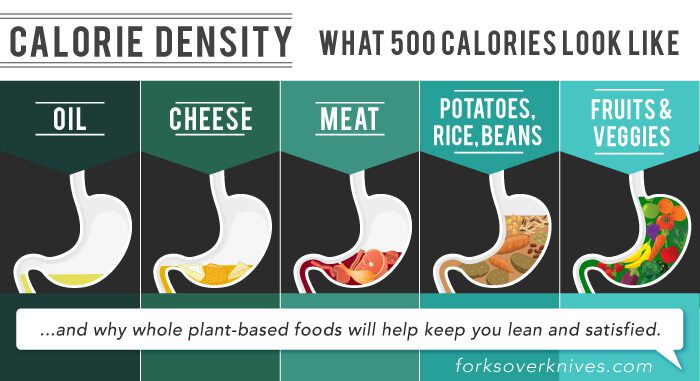Diet is a Touchy Subject.
I discovered long ago that diet beliefs can be very divisive indeed. Together with the hot topics of politics and religion, our food choices can rank quite high as a personal issue to be handled with care.
I realize that most of you have preconceived beliefs about what constitutes a healthy diet, and I’ve heard some doozies in my day. But because The 'Plan A' Diet combines the two tenets of "diet and religion" into one conversation, many of you will write to me about passages that seem to promote or endorse meat eating.
Here I address some of the passages I hear most often, along with my response.
See how good and pleasant it is when brothers,
and sisters live together in harmony! (Psalm 133:1, GW)

